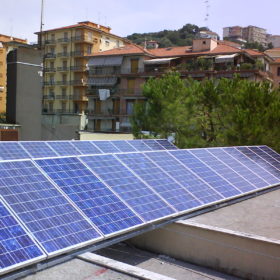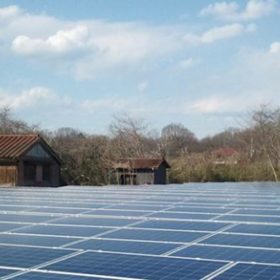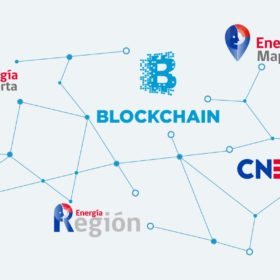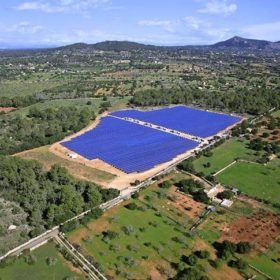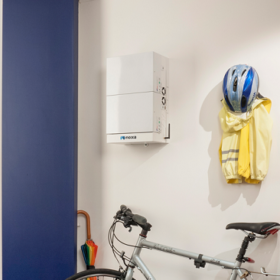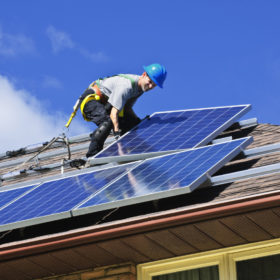Swedish school installs saltwater battery, highlights environmental benefits
Saltwater batteries can be fully recycled receiving a “cradle to cradle” certificate, and don’t contain lead or lithium. For some, this prevails over the disadvantages of saltwater batteries being considerably bigger and heavier, as well as having a lower discharging current than lithium-ion batteries.
EU: No charges for PV self-consumption up to 30kW
EU member states have reached a consensus regarding the prohibition of discriminatory taxes for self-produced energy, in negotiations on the renewable energy directive. The indiscriminate regulation covers systems of up to 30 kW capacity. Furthermore, double taxation through the additional charges on energy storage is to be avoided.
France’s 50 MW tender for self-consumption ends up with only 2 MW of power assigned
The failure of the tender depended on a series of factors, the most important of which was the clarification of policy around fiscal exemptions for solar self-consumption in the case of third-party investment.
Renesola revises up Q1 outlook despite China’s new PV provisions
The Chinese project developer expects quarterly revenue to be higher by up to $15 million, and solar module prices to drop significantly in the second half of the year.
Industry urges EU to boost self-consumption
After EU Parliament, Council and Commission each reached their respective position on the future of renewable energies in the EU until 2030, at the end of last year, representatives of the three bodies have commenced negotiations to find a EU wide position to be implemented as soon as possible. The renewable energy directive is expected to be ready for inking during this summer.
Survey finds digitalization, decentralization and decarbonization concerns energy leaders
The World Energy Council tracks the top concerns of energy leaders and has created a tool with Arup to display its findings. The rise of digitalization issues and the decreasing significance of fossil fuels indicates a strong renewables market ahead and energy start ups are receiving increasing attention from utilities and leaders
Spain’s Balearic Islands proposes ambitious 100% renewable energy law
Blasting the Spanish Government for its lack of renewables action, the Balearic Government has today issued an ambitious Climate Change Law designed to kick start a renewable energy transition on the four islands of Mallorca, Menorca, Ibiza and Formentera. Overall, it aims to cover 100% of energy demand with renewables by 2050. 230 MW of solar PV are alerady in the pipeline.
Japan: Moixa, Itochu partner on energy storage platform, announce £5 million investment
Moixa has partnered with Japanese trading house, Itochu to market its GridShare platform in Japan. The latter has also invested £5 million in the U.K. residential battery developer to fund further international expansion. The U.S. and Europe are on its radar.
Nicaragua’s new net metering regulations come into force
The new rules, now published in the country’s official journal, will enable owners of PV and renewable energy power generators to sell excess power to the local distributors.
France reduces grid fees for residential and commercial PV
The grid fees will be lowered for all solar power generators not exceeding in size 5 MW, depending on the system size.

